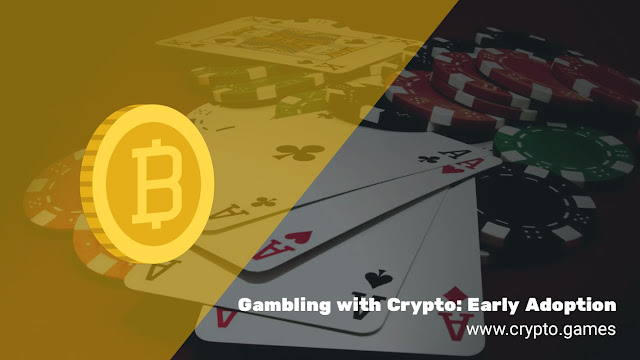As a crypto user, whether or not you can still call yourself an early adopter is arguable, depending on the angle you’re approaching. There are already millions of people already owning some form of crypto (according to wallet estimates), thousands of businesses already accept cryptocurrency as payments, and all manner of crypto-related companies are visible in numerous ways: stock market tickers, financial page headlines, Super Bowl half-time ads, football billboards… the list goes on. It’s hardly possible any longer to open your favourite social media without seeing a crypto ad or influencer convincing you to buy one canine-themed token or other.
Early birds to the internet party
While the internet as we know it first entered people’s homes in the early to mid 1990s, it wasn’t until the turn of the new millennium that it really became an indispensable part of people’s lives. Major international organisations only began phasing out fax and replacing them with email in the early 2000s, while inexpensive cable and broadband internet was restricted to urban areas in most parts of the world.
There wasn’t much of social networks online either to keep the masses online if they could afford paying per minute. Until recognised business sectors took to an online presence, there wasn’t even much commerce going on over the internet.
But gambling, one of the oldest industries in the world, was one of the earliest to embrace the Internet. Depending on your take of the industry, this happened at least partially because there was a great need for the industry to seek new audiences and new modes of access, given that gambling was a highly regulated industry in most parts of the world, while in some countries, its status was very much in flux.
There isn’t much precise information on the timeline of online gambling and, when there is, a lot of it is conflicting. However, it is generally agreed that two licensing entities in the mid-1990s kickstarted everything.
In 1994, a tiny island nation called Antigua and Barbuda used its Free Trade and Processing Act to help diversify its economy. This unique Act was, in those days, able to grant gaming licenses to online casinos who wanted to test the uncharted waters of the Internet. In 1996, in Canada, the Kahnawake Gaming Commission was founded, and this entity also pursued online gaming aggressively.
These were unknown frontiers at the time, and only a handful of casinos opened online. Bandwidth was low, random number generation software was untested online, and security protocols were still new, but the response turned out to be massive. By the late 1990s, hundreds of online casino has spawned, some offering poker, some table games, others did lotteries and sweepstakes, while sportsbooks even cropped up.
The rewards for casino operators being early Internet adopters? Casino software was among the most advanced in terms of virtual experiences, the demand for online payment processors had helped that sector develop quickly, and e-commerce had a success story with annual revenue by the end of the century topping $1 billion.
First to the Internet, first to crypto
Fast forward little over a decade and online casinos had dwarfed their brick-and mortar predecessors not just in terms of presence but in terms of revenue. With tighter regulations restricting access to jurisdictions and the lack of suitable payment providers in many non-European and North American countries, casino operators were among the first to turn to Bitcoin, which by 2010 was making inroads online as a viable alternative currency and payment method.Once Satoshi Dice showed how it was done in 2012, a host of other crypto gambling sites – including yours truly – set up shop on the Internet, inviting people from all over the world to enjoy fast, secure, and rewarding gaming with the global ease and access afforded by cryptocurrency.
And so, just as it happened with the Internet, the gambling community was among the first to pick up crypto. In fact, in the early days of Bitcoin, some estimates put gambling at about half of all network transactions!
Today, there are so many different cryptocurrencies you can use for gambling. At CryptoGames, you can play a variety of games with Bitcoin, Ethereum, Litecoin, Dogecoin, Solana, Neogas, Bitcoin Cash, and Monero. All you need is crypto in your wallet – setting up an account is a breeze. All games settle quickly and your winnings can be withdrawn immediately.
So if you’ve only just started buying crypto, don’t feel like you’re late to the party. Crypto in casinos is only just picking up and you’ll still be among a relatively small group of people using crypto to gamble. Plus, unlike the passive act of holding or investing, when you gamble with crypto, you’re actually using it – giving crypto the utility that drives fundamental growth and long-term value.
So come on over to CryptoGames and be a crypto gambling early adopter at CryptoGames!

